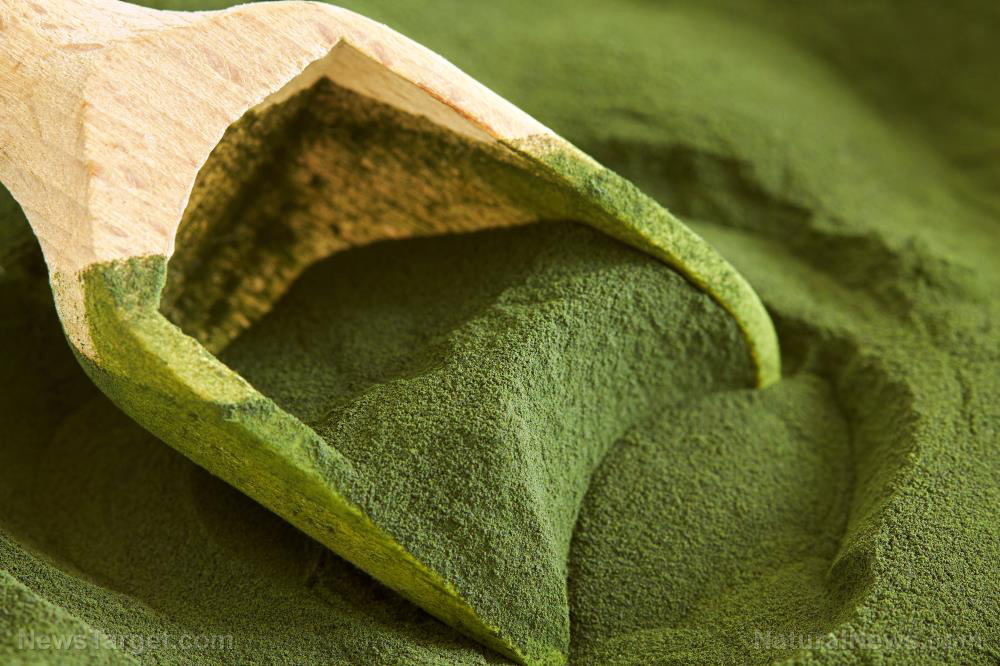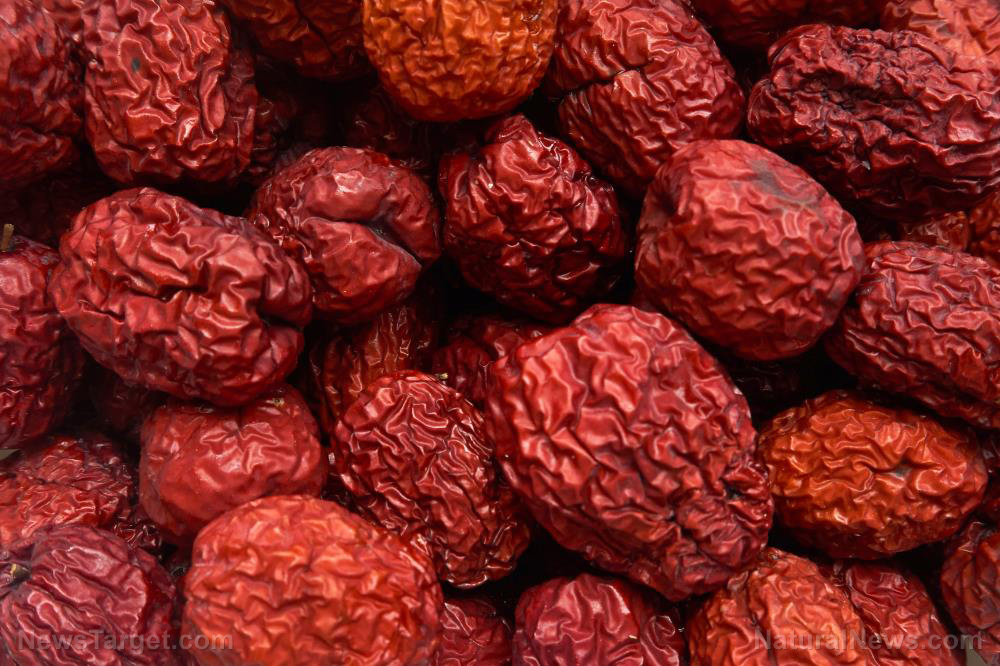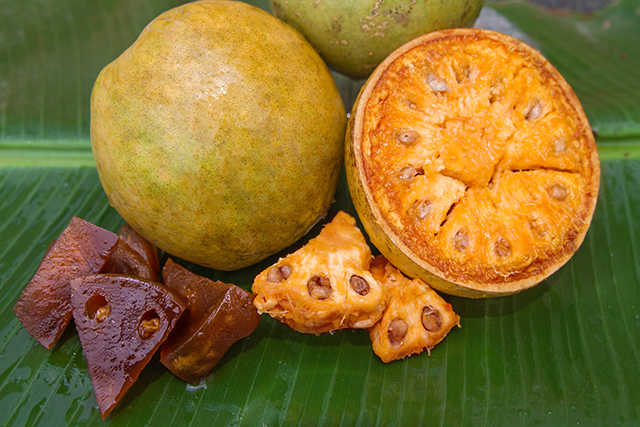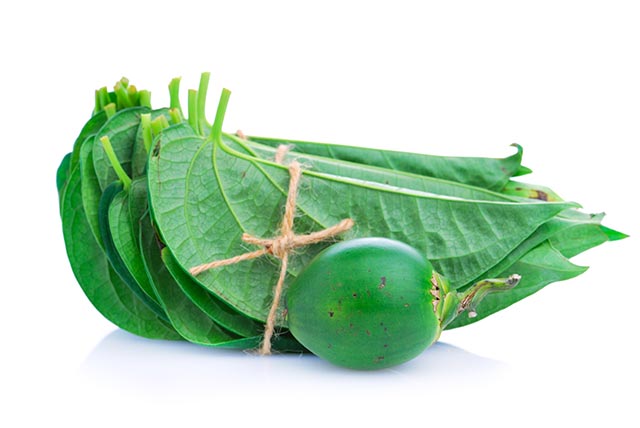This natural remedy may protect you from brain damage
01/10/2019 / By Ellaine Castillo

Stroke is one of the leading causes of death in the U.S. Stroke survivors have a high risk of developing significant brain damage. Although there is a limited number of medications that treat stroke-induced brain damage, scientists have observed that there are plants with neuroprotective compounds that can be developed for this purpose.
A team of researchers from The Federal University of Technology and Federal University Otuoke in Nigeria successfully identified a plant with neuroprotective potential. The specific plant they studied was the False Iroko tree (Antiaris africana), which belongs to the fig family. This plant is traditionally used as a remedy for rheumatism, respiratory problems, stomachic pain, syphilis, leprosy, sore throat, mental illnesses, and nervous disorders. Previous studies were able to identify phytochemicals present in the False Iroko tree that contribute to its benefits. These compounds include flavonoids, phenolic compounds, 39-dimethoxy-49-O-?-d-xylopyronosylellagic acid, oleanolic acid, strophantidol, and ursolic acid.
In this study, which was published in the African Journal of Traditional, Complementary and Alternative Medicines, the researchers collected extracts from dried False Iroko tree leaves and prepared 50 and 100 mg/kg doses to be used as treatments. They administered these to male Wistar rats for 14 days before inducing ischemia and reperfusion injury. To determine the ameliorative effects of the plant, the team observed different markers for oxidative stress, neurochemical disturbances, and excitotoxicity since these damaging biochemical cascades are involved in ischemic injuries. They also compared these effects with those of the reference standard quercetin.
100% organic essential oil sets now available for your home and personal care, including Rosemary, Oregano, Eucalyptus, Tea Tree, Clary Sage and more, all 100% organic and laboratory tested for safety. A multitude of uses, from stress reduction to topical first aid. See the complete listing here, and help support this news site.
The results of the experiment showed that extracts from the leaves of the False Iroko tree significantly reduced markers for oxidative stress, neurochemical disturbances, and excitotoxicity. Moreover, the effects produced by the 100 mg/kg dosage of extracts were similar to those of quercetin, which is a known neuroprotective agent. From these results, the researchers concluded that the False Iroko tree has protective potential against stroke-related brain damage. (Related: The “False Iroko” tree shows promise in treating certain nervous disorders.)
How does a stroke induce brain damage?
For the brain to function properly, it needs an adequate supply of glucose to use as its energy source as well as oxygen for energy conversion. These molecules reach the brain through the blood. Unfortunately, there are instances wherein blood flow to the brain is hindered by plaques that block the arteries. This condition called cerebral ischemia results in severe body damage or stroke.
Insufficient blood supply can damage the brain. However, the restoration of blood flow following a case of cerebral ischemia is just as bad for brain health. This is because reperfusion triggers excessive production of reactive oxygen species, calcium overload, overexcitement of cells, and inflammation. Together, these events contribute to cell death and the consequent irreversible brain injury.
Risk factors for stroke
Prevention is always better than cure. One of the most important aspects of prevention is knowing what factors increase your risk of getting the disease. Manageable risk factors for stroke include the following:
- Alcohol and drug use
- Smoking
- Lack of physical activity
- Poor diet
- Unhealthy weight
- High cholesterol
- Stress
- High blood pressure
For more articles about how you can prevent neurological diseases, visit Brain.news.
Sources include:
Tagged Under: Antiaris africana, brain damage, brain health, brain ischemia, cerebral ischemia, excitotoxicity, false iroko tree, inflammation, medicinal plants, neuroprotection, neuroprotective activity, oxidative stress, stroke



















